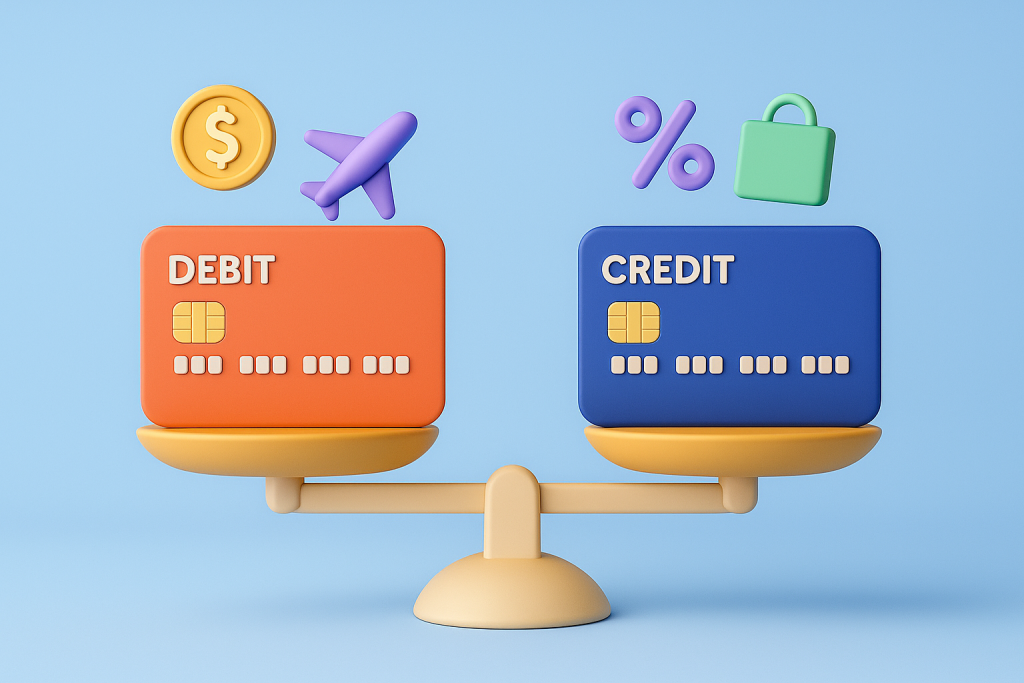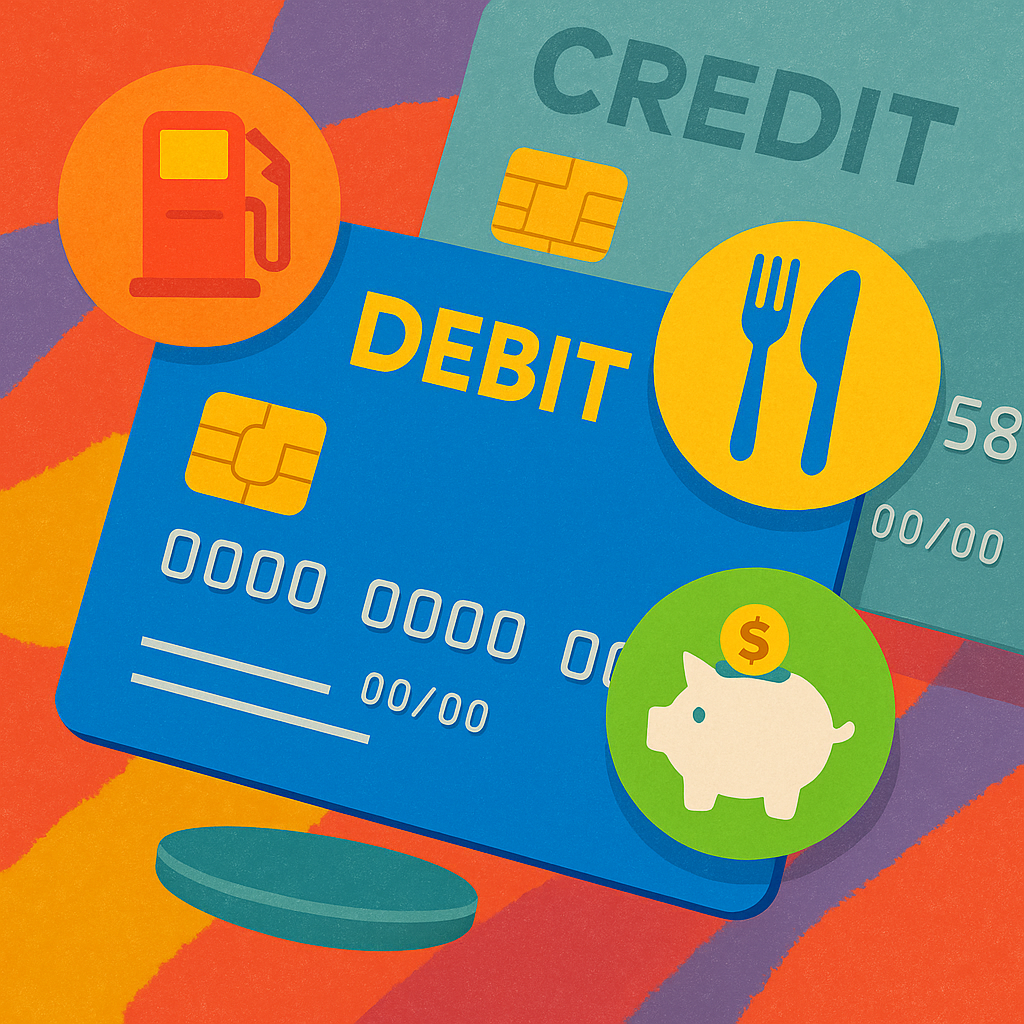In today’s rapidly evolving financial landscape, consumers are constantly looking for the easiest and most efficient ways to manage their money. Perk debit cards have emerged as a popular option, providing an appealing alternative to traditional credit cards. These financial tools offer unique benefits, prompting many to reconsider their previous reliance on credit cards.
In this post, we will delve into the advantages and disadvantages of perk debit cards, examining if they truly present a superior option to their credit counterparts. The key question remains: are perk-based debit cards a worthy substitute for conventional credit cards?
Understanding perk debit cards

To answer the question of whether perk debit cards are worth it, we must first understand what they are. Unlike standard debit cards, which merely allow users to spend money directly from their bank accounts, perk debit cards provide various rewards for their use.
These rewards can range from cashback incentives to discounts at selected retailers or even travel miles. The fundamental difference between perk debit cards and credit cards lies in the source of funds: debit cards draw directly from the user’s bank account, whereas credit cards offer a line of credit that must be repaid.
How do perk debit cards work?
Perk debit cards function by offering rewards or incentives for transactions made using the card. This can be particularly appealing to consumers who appreciate additional benefits for their spending habits, without the concern of accumulating debt. For each purchase made with a perk debit card, certain rewards points or cashback offers can be accrued.
These rewards are often similar to those offered by credit cards but come without the risk of interest charges if the cardholder defaults on payment. As a result, they provide a safer way to earn perks without the potential pitfalls of credit misuse.
Types of perks offered
Perk debit cards come with an array of incentives to suit different lifestyles and spending preferences. Some cards offer cashback on specific categories, such as dining or groceries, allowing cardholders to save money on everyday expenses.
Others might provide travel-related perks, including airline miles or discounts on hotel bookings. Another popular perk is access to exclusive events or priority passes for concerts and sports events. The variety of rewards available ensures that consumers can select a card that aligns closely with their habits and maximizes the benefits they can obtain.
Benefits of choosing perk debit cards
Perk debit cards offer several compelling advantages over traditional credit cards. One major benefit is the avoidance of debt. Since transactions are deducted directly from the user’s bank account, consumers can only spend what they have, eliminating the risk of incurring unwanted debt. Furthermore, these cards often come with lower fees than credit cards, saving users money over time.
Additionally, perk debit cards can help foster better budgeting habits, as they require users to monitor their spending and stay within their means. These factors make perk debit cards an attractive option for those seeking financial stability.
Security and financial control
When it comes to financial security, perk debit cards have their own set of benefits. Users can manage their finances more effectively by staying within their budget and avoiding the pitfalls of overspending. Should the card be lost or stolen, the connection between the card and the user’s bank account minimizes the risk of fraudulent charges, usually offering zero liability protection similar to credit cards.
Potential downsides to consider
Despite their many advantages, perk debit cards are not without their drawbacks. One potential downside is the often lower point accumulation compared to credit cards. While debit rewards might be enticing, credit card points can accumulate more rapidly, especially with large purchases.
Furthermore, using a debit card does not contribute to building a credit history, which is essential for securing loans and favorable interest rates in the future. Additionally, the perks offered might come with specific terms and conditions that limit their use, making it important for consumers to read the fine print before committing.
Making the right choice
Deciding between a perk debit card and a traditional credit card ultimately depends on individual financial goals and spending habits. Perk debit cards can be an excellent choice for those who prioritize financial control and wish to avoid debt while still enjoying the benefits of rewards programs.
However, for those looking to build credit or who frequently spend on large purchases, credit cards might still hold an edge. Understanding the different features and potential drawbacks of each option allows consumers to make informed decisions that align with their financial objectives.
In conclusion, the value of perk debit cards is largely determined by personal preference and financial habits. By carefully weighing the pros and cons, individuals can choose the financial tool that best meets their needs, ensuring a safe, rewarding, and debt-free financial journey.




